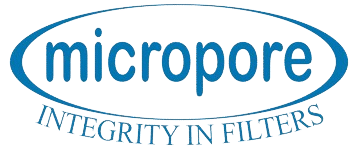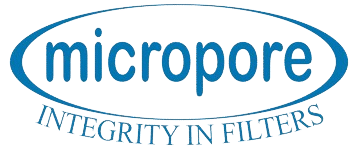Food and beverage in membrane technologies refers to the application of membrane processes to improve the production, processing, and quality of food and beverages. Membrane technologies are widely used in this industry for filtration, concentration, purification, and separation processes. These technologies help ensure that food and beverage products meet safety standards, have enhanced flavors, and have extended shelf lives.
Here’s how membrane technologies are applied in the food and beverage industry:
Applications in Food and Beverage:
- Microfiltration: Microfiltration is used to remove suspended solids, bacteria, and yeast from liquids like milk, beer, wine, and juice without affecting the product’s composition.
- Ultrafiltration: Ultrafiltration is used to concentrate proteins, enzymes, and other large molecules in dairy processing (e.g., whey protein concentration), juice clarification, and the production of egg-based products.
- Nanofiltration: Nanofiltration is used for partial demineralization of whey in dairy processing, removal of polyphenols in wine and juice, and water softening in beverage production.
- Reverse osmosis: Reverse osmosis is used for water purification, concentration of fruit juices, desalination of water for food production, and concentration of dairy products like milk.
- Membrane distillation: Membrane distillation is used in the concentration of fruit juices, recovery of flavors and in processes where heat-sensitive components need to be preserved.
- Pervaporation: Pervaporation is used to separate mixtures of liquids, such as alcohol from water in alcoholic beverages, or to recover aromas and flavors during food processing.
- Gas Separation: Membrane gas separation is used in the food and beverage industry for applications such as controlled atmosphere packaging, carbonation of beverages, and nitrogen generation for inert packaging.
- Whey Protein Concentration: In dairy processing, ultrafiltration membranes are used to concentrate whey proteins, which are then used in nutritional supplements, infant formulas, and other food products.
Membrane technologies are thus crucial in modern food and beverage processing, contributing to improved product quality, safety, and sustainability.


